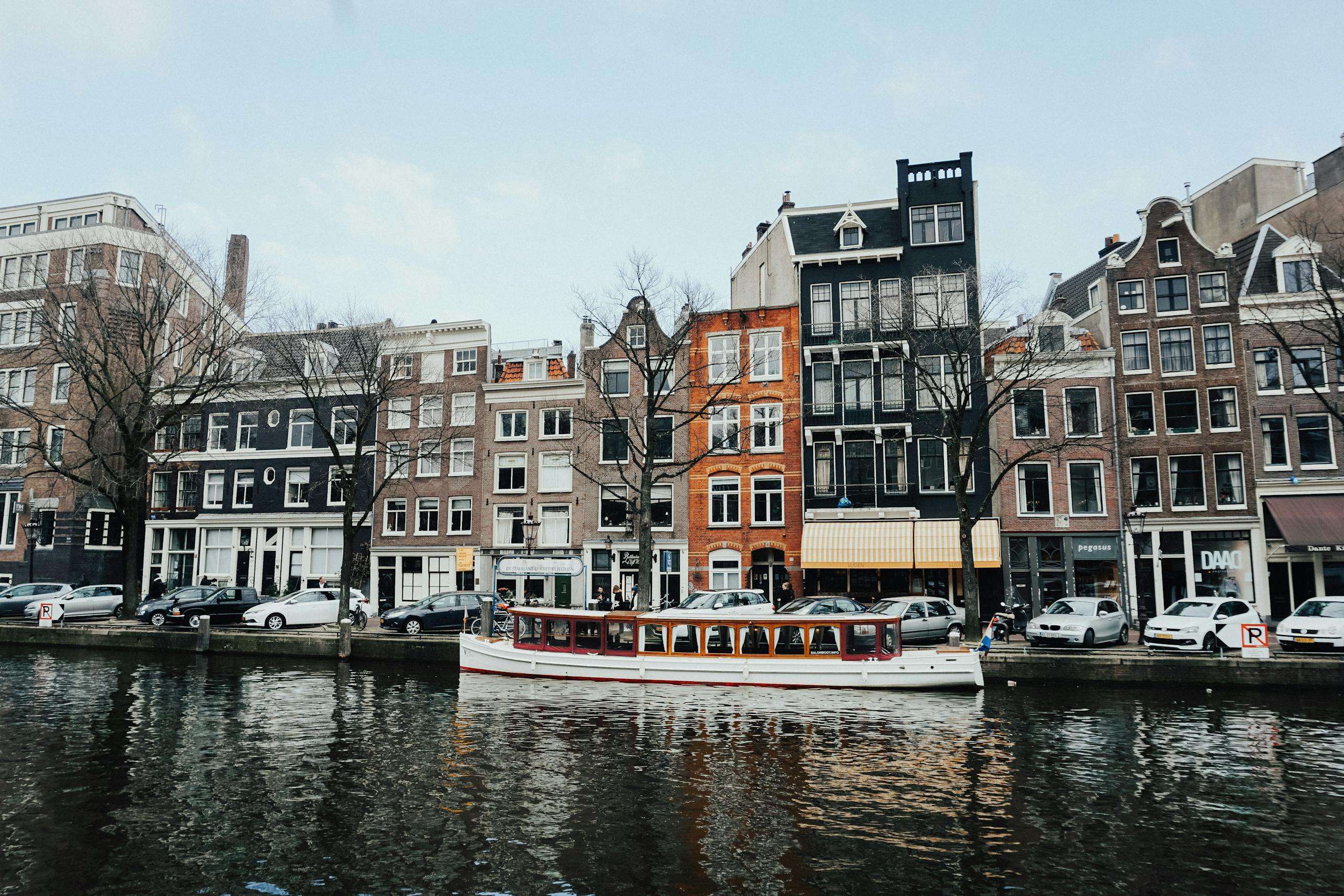10 Essential Phrases to Speak Dutch with Locals! 🏡
Introduction
Are you planning a trip to the Netherlands or just want to connect with locals in their own language? While many people speak English in the Netherlands, making an effort to learn a few key phrases in Dutch can make a huge difference in your travel experience.It shows that you care, appreciate their culture, and are eager to connect. Whether you’re shopping at a market in Amsterdam, ordering food at a restaurant, or simply meeting new friends, a few well-chosen words can go a long way!
In this blog, we’ll walk you through 10 essential phrases to help you speak with locals in a way that feels welcoming and natural. Let’s get started!
1. Hallo! (Hello)
The most essential phrase in any language is “Hello!”. In Dutch, it’s simple and clear: ✅ Hallo or ✅ Hoi (casual)Using these greetings is a great way to break the ice and make a good first impression.
2. Hoe gaat het? (How are you?)
Showing interest in someone’s well-being helps foster a warm connection. ✅ Hoe gaat het? — How are you? ✅ Alles goed? — Is everything all right? ✅ Wat is er? — What’s up?3. Dank je wel (Thank you)
Showing kindness and appreciation is universal. ✅ Dank je wel (casual) — Thank you ✅ Dank u wel (formal) — Thank you ✅ Bedankt — Thanks Using these phrases signals your kindness and your understanding of their culture.4. Alstublieft (Please / Here you go)
✅ Alstublieft (formal) or ✅ Alsjeblieft (casual) — Please or Here you go This expression is helpful whether you’re ordering food, asking for a favor, or simply being kind. For more tips, check our Dutch WhatsApp group or Dutch WhatsApp community where you can practice with other enthusiastic learners.5. Spreekt u Engels? (Do you speak English?)
✅ Spreekt u Engels? (formal) — Do you speak English? ✅ Spreek je Engels? (casual) — Do you speak English? Most locals appreciate your efforts to speak their language first — but it’s perfectly fine to ask if they can speak English when you’re struggling.6. Waar is… ? (Where is…?)
✅ Waar is de bushalte? — Where’s the bus stop? ✅ Waar is de dichtstbijzijnde supermarkt? — Where’s the nearest supermarket? ✅ Waar is het station? — Where’s the train station? Using these phrases will help you navigate the city with ease.7. Mag ik…? (May I…?)
✅ Mag ik de menukaart zien? — May I see the menu? ✅ Mag ik betalen? — May I pay? ✅ Mag ik de weg vragen? — May I ask for directions?8. Het spijt me (I’m sorry)
✅ Het spijt me — I’m sorry ✅ Sorry — Sorry (casual) ✅ Vergeef me — Forgive me Showing humility or kindness in difficult situations is a universal trait — the Dutch appreciate this.9. Wat is jouw naam? (What’s your name?)
✅ Wat is jouw naam? (casual) — What’s your name? ✅ Wat is uw naam? (formal) — What’s your name? ✅ Ik heet … — My name is … This is a wonderful way to connect with someone and make a new friend.10. Tot ziens! (Goodbye)
✅ Tot ziens — Goodbye ✅ Tot straks — See you soon ✅ Tot dan — See you then Using these closing phrases shows that you appreciate your time together and wish them well.Final Tip: Embrace Your Experience
Language is not just about words — it’s about understanding and participating in a culture. Don’t be afraid to make mistakes; locals appreciate your enthusiasm and kindness. Immerse yourself in their routines, try their food, listen to their stories, and make friends for life! With these 10 essential phrases, you’re well-equipped to connect with the people you meet on your Dutch adventure.If you’d like to practice with a community of enthusiastic learners, join our WhatsApp community today!


